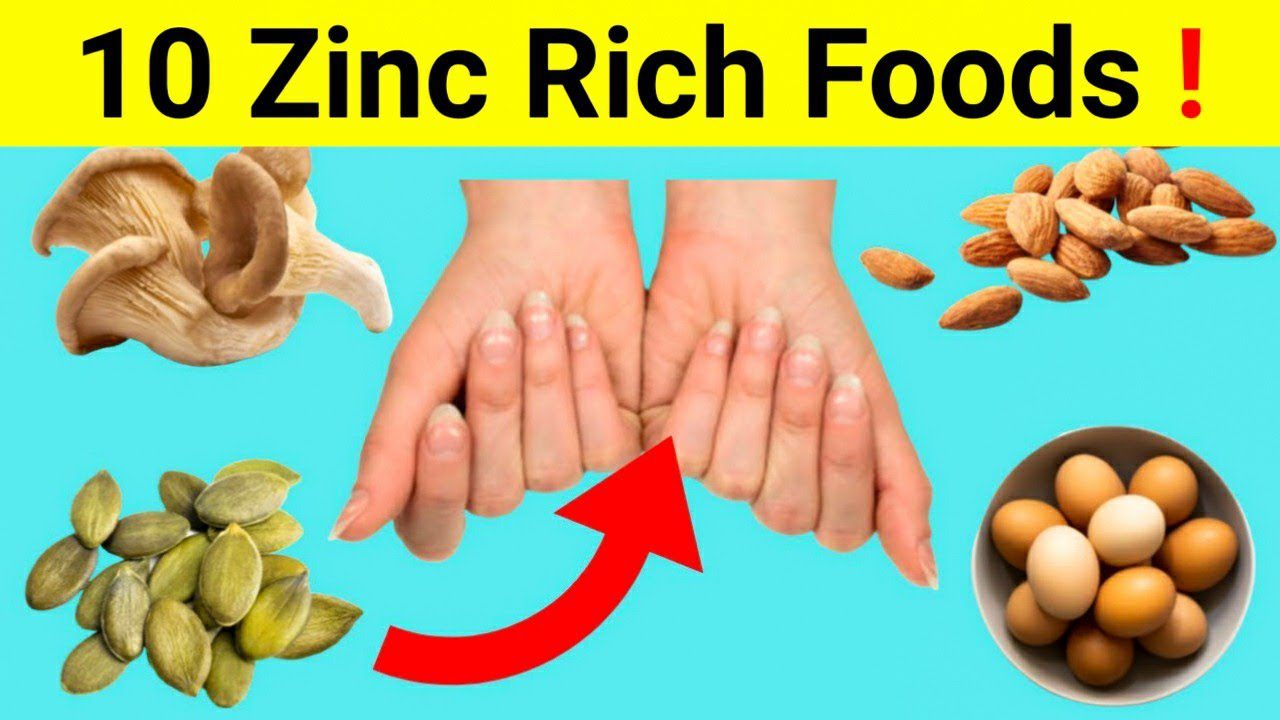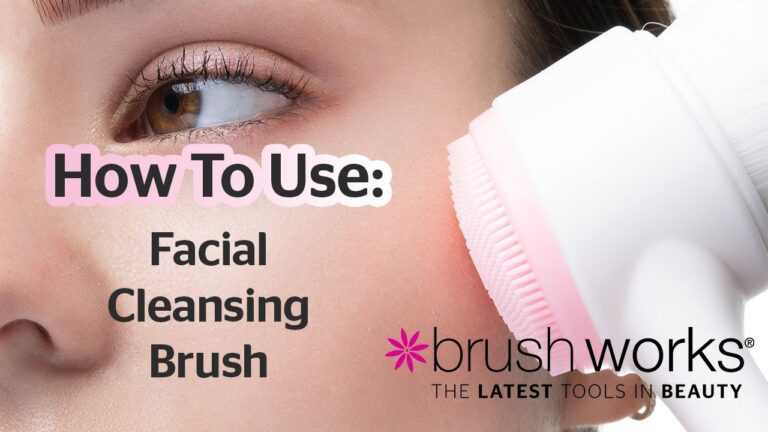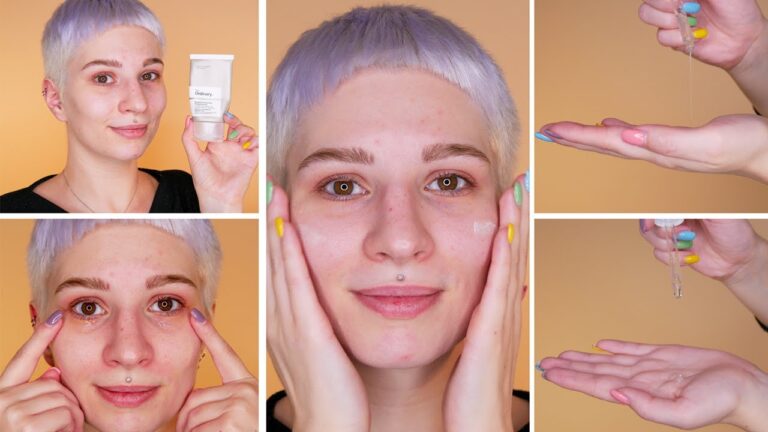Are Dates High in Zinc?
Welcome to our latest blog post where we will be exploring the question – do dates contain zinc? The mineral zinc has numerous benefits for our health, including boosting our immune system, aiding wound healing, and maintaining healthy skin, hair, and nails. While most people obtain zinc from meat, seafood, and fortified cereals, some plant-based sources contain zinc as well. In this article, we will dive into the world of dates and examine whether they are a good source of zinc.
What are Dates?
Dates are the fruit of the date palm tree, which is native to the Middle East and North Africa. They have been cultivated for thousands of years and are an important food source in many countries. Dates are often used as a natural sweetener and can be eaten fresh or dried. They are also used in desserts, baked goods, and energy bars. Dates are rich in nutrients and contain fiber, potassium, and various vitamins and minerals.
How much Zinc is in Dates?
According to the United States Department of Agriculture (USDA), one pitted date (8g) contains approximately 0.02mg of zinc. This is a small amount compared to the daily recommended intake of zinc, which is 11mg for adult males and 8mg for adult females. In fact, you would need to eat around 500 dates to meet the daily recommended intake of zinc.
Other Sources of Plant-Based Zinc
While dates may not be a significant source of zinc, there are other plant-based foods that are. Here are a few examples:
- Lentils – 1 cup of cooked lentils contains approximately 1.3mg of zinc
- Chickpeas – 1 cup of cooked chickpeas contains approximately 1.3mg of zinc
- Hemp Seeds – 3 tablespoons of hemp seeds contain approximately 2.3mg of zinc
- Pumpkin Seeds – 1 ounce of pumpkin seeds contains approximately 2.2mg of zinc
The Bottom Line
While dates are undoubtedly a delicious and nutritious food, they are not a significant source of zinc. If you are looking to boost your intake of this important mineral, it’s best to add other plant-based sources of zinc to your diet. Remember to also consume foods that enhance the absorption of zinc, such as those high in vitamin C and protein. By incorporating a variety of plant-based foods into your diet, you can ensure that you are meeting your daily nutrient needs and promoting optimal health.
Contents
Most searched products:
Does Sephora Support Israel? Answering Your Questions
The Ultimate Guide to Azealic Acid: Benefits, Uses, and Side Effects
How Long Does Glycolic Acid Take to Show Results: Your Ultimate Guide
Discover the Benefits of The Ordinary Botox for Your Skin
The Ultimate Reviews of The Ordinary Peeling Solution
The Ultimate Guide to The Ordinary Colours Foundation: Reviews, Swatches, and Tips
The Perfect Order: When to Use Retinol and Niacinamide in Your Skincare Routine
Unlock Smooth and Supple Skin: Discover the Best Skincare Products for Skin Suppleness
Say Goodbye to B.O with Glycolic Acid Deodorant: The Secret to Long-Lasting Freshness
Exploring the Wonders of The Ordinary Oxford Street: A Complete Guide













